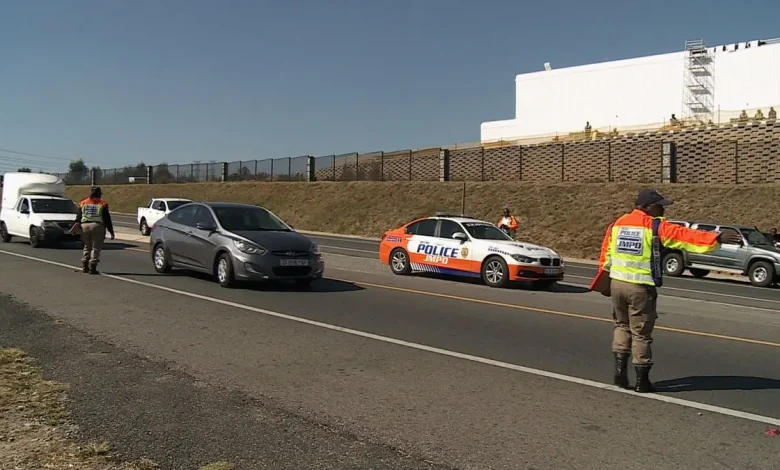Joburg High Court Rules Drivers Can Film and Question Police Without Fear of Arrest

A landmark decision from the Johannesburg High Court has reaffirmed the rights of South African citizens to film and question police officers without the threat of arrest. This marks a significant win for civil liberties and accountability in law enforcement.

The Incident That Sparked the Case
In 2019, two metro officers set up a police roadblock directly in front of attorney Shaun Jacobs’ gate around 8 p.m. on 1 March. The case began after police arrested Jacobs for filming the roadblock outside his home.
Jacobs requested that the officers move the roadblock, but his appeals were ignored. After identifying himself as a lawyer and asking for their details, one of the officers allegedly responded with aggression. He threatened to arrest him.
Unlawful Arrest and Mistreatment
In response, Jacobs retrieved his phone to record the encounter, intending to file a formal complaint. This act prompted the officers to arrest him without informing him of his rights or following legal procedures.
Police handcuffed him so tightly that his fingers went numb. They ignored his concern and detained him for fourteen hours, even though they knew his home address.
Court Rules in Favour of Jacobs
High Court Judge ML Twala ruled that the arrest was unlawful. He stated that Jacobs’ treatment by both metro officers and SAPS members at Edenvale police station was unjustifiable and excessive.
Twala made it clear in his judgment that questioning officers or recording their actions in public does not constitute a criminal offence. It does not obstruct police work.
Compensation and Legal Consequences
Jacobs was awarded:
- R100,000 in damages from the Minister of Police
- R150,000 in damages from the Ekurhuleni Metropolitan Municipality
Both parties were also ordered to cover his legal costs, including counsel fees.
However, his defamation case against the officers based on allegedly racist remarks made during mediation was dismissed with costs.
Legal Experts Welcome the Ruling
Legal expert Elton Hart, speaking to eNCA, emphasized the significance of the ruling. He stated that this judgment sets a precedent for holding law enforcement accountable. It could encourage more citizens to document interactions with police, especially at roadblocks, where intimidation and unlawful conduct sometimes go unchecked.
“Too often, people feel intimidated and refrain from recording incidents involving law enforcement out of fear. This judgment will go a long way in making sure police officers operate within the law,” Hart said.
Fighting Corruption Through Accountability
Hart also expressed doubt that any appeal from SAPS would succeed. He noted that the judgment aligns with constitutional expectations of transparency and accountability from public officials.
Beyond protecting citizens’ rights, Hart believes the ruling may help expose and curb corruption, particularly bribery among officers.
“Now that people can record these encounters freely, it could serve as a powerful tool to root out corrupt behaviour,” he added.
A High Court Verdict for the People
This High Court ruling not only vindicates Shaun Jacobs but also sends a strong message. Abuse of power by law enforcement will not be tolerated.
It reaffirms a vital constitutional principle. The public has the right to question authority, document its actions, and demand accountability without fear of unlawful arrest.
Related article: Are Road Accident Fund Payouts Taxable? Everything You Need to Know




